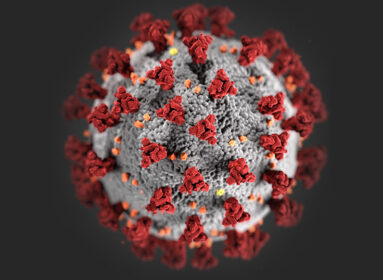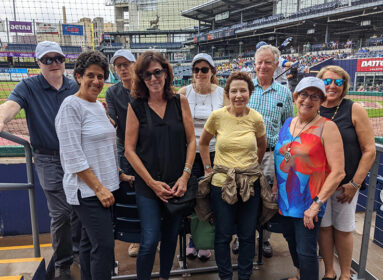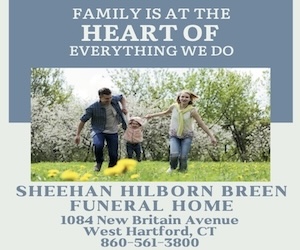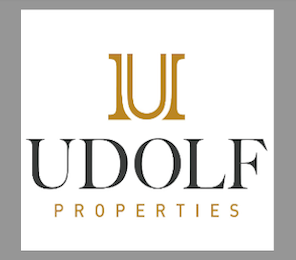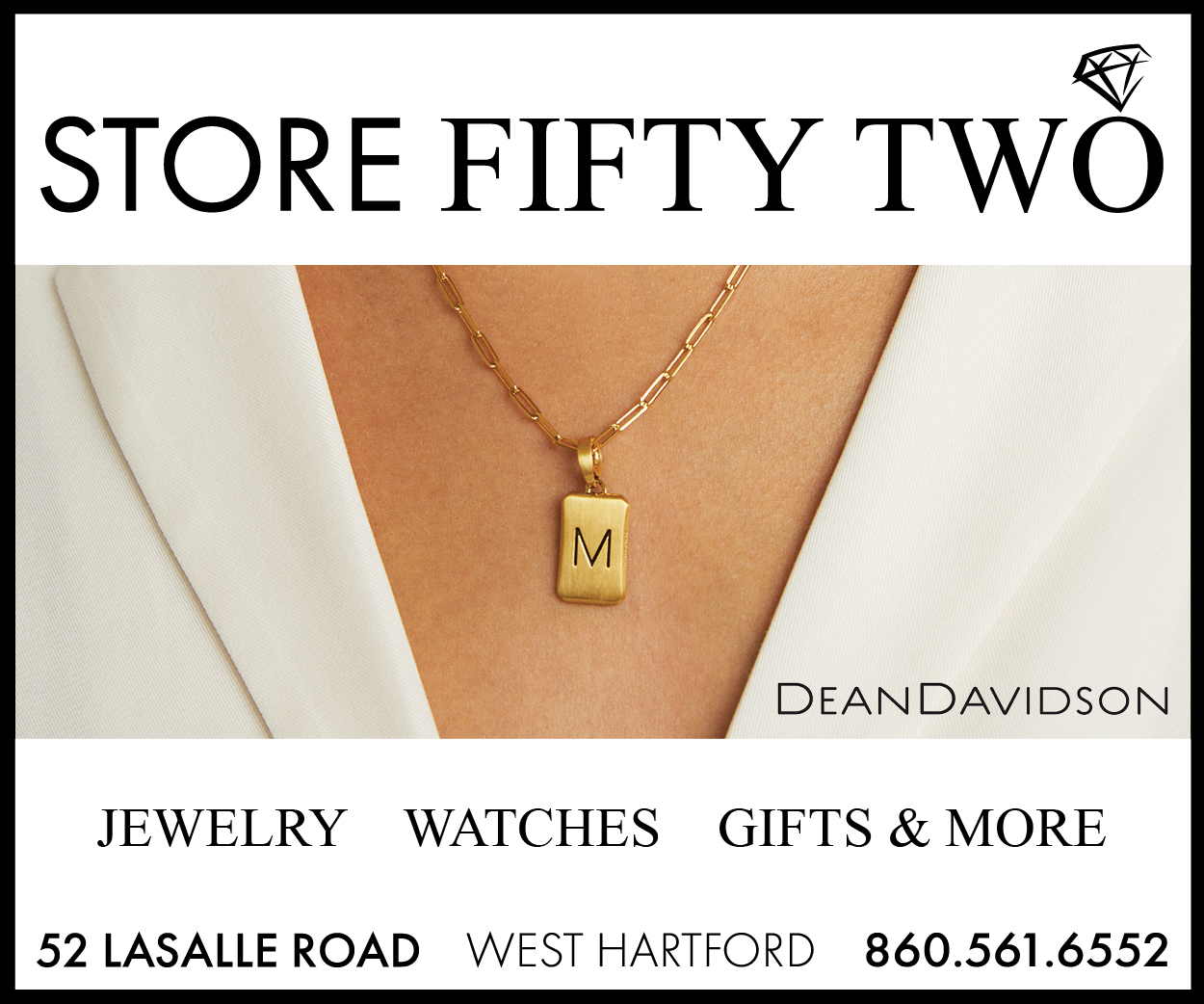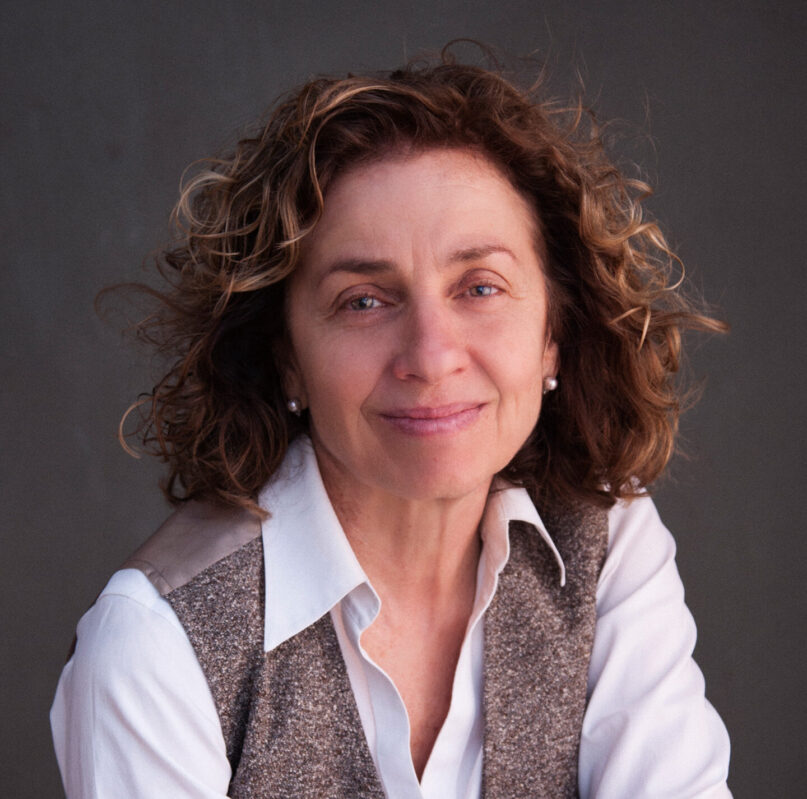
Yiddish singer/actress Eleanor Reissa talks about the father she thought she knew…until the discovery of a treasure trove of letters taught her otherwise.
By Stacey Dresner
When her mother died in 1986, singer and actress Eleanor Reissa found letters inside an old leather purse, written by her father to her mother in the late 1940s.
Reissa’s mother, Ruchale (later known as Ruth), and her family – who had survived a slave labor camp in Uzbekistan — had made their way to the United States after the war. They left behind the man Ruth would eventually marry, Reissa’s father, Chaskel. A widower who had fallen madly in love with the much younger Ruth while they both were in a displaced persons camp in Germany, Chaskel was a survivor of Auschwitz. His first wife and a young daughter were murdered at Auschwitz and a son, who had been sent on the Kindertransport to England, refused to be reunited with Chaskel after the war.
The 56 letters, written by Chaskel as he waited to join his young love in America, were in his native German and his daughter was unable to read them. Reissue would take them out from time to time, but it wasn’t until 2017 – 31 years later – that she began the process of having them translated.
That led to a trip to Germany where she unearthed documents that gave her new insight into the person her father was before and during the war, including a moving testimony he gave in 1947 about his life before the war and his treatment by the Nazis.
Reissa writes about the letters; her relationship with her “factory-working, illiterate-in-English, immigrant-greenhorn-misfit” father, and her life-changing trip to her father’s native Germany, in her new book The Letters Project: A Daughter’s Journey (Post Hill Press, 2022).
Reissa will give a reading of The Letters Project on Sunday, July 10 at Yidstock: The Festival of New Yiddish Music at the Yiddish Book Center in Amherst, Massachusetts. A noted Yiddish vocalist, Reissa will also perform with her ensemble on Friday, July, 8 from 5-6 p.m.
Reissa is a Tony Award-nominated director (Those Were the Days); and Broadway/television actress (Paula Vogel’s Indecent/ HBO’s The Plot Against America), A prize-winning playwright, she is former artistic director of the Folksbiene Yiddish Theatre and host of the Yale University/Fortunoff Video Archive podcast: “Those Who Were There: Voices from the Holocaust.” She currently shares the audio guide duties at the Museum of Jewish Heritage with Juliana Margulies for the museum’s latest exhibition.
Most recently, she filmed in Italy “Musical Tales of the Venetian Jewish Ghetto and Chopin and Liszt,” with Hershey Felder.
Reissa recently spoke with the Jewish Ledger about her new book and why she now calls her late father a “Holocaust fighter.”
JEWISH LEDGER: Many years ago, you found the letters written by your father to your mother. But it was only a couple of years ago you had them translated. Why did you wait so long?
Eleanor Reissa: Indeed, I found the letters when my mother died in 1986. And she died when she was 64. Well, I turned 64, so that was one thing. The other was that I was doing a play on Broadway called “Indecent” and I felt so creatively privileged to be in that company that I gave myself permission to be creative with myself. So I allowed myself to spend the money to translate these 56 letters, which was not an inexpensive venture (and also, the money from the Broadway show was helpful to me). So, that was why and how I began the journey of translating the letters.
You were were put in touch with several Germans who helped you in your research. Were you surprised that they were so helpful and invested in your journey?
I was surprised and, yes, they were Germans, so that’s surprising, but anybody that’s helpful is surprising. And these people really went out of their way. I think, in fact, that the German people, if one were going to make some kind of generalization, in general have a curiosity about what happened in the Holocaust. And they have a sense of responsibility about what happened in the Holocaust that I don’t think other people have.
In the book you talk about the father you knew as a child – who died when you were still pretty young — and the father you found through the letters and through your research in German. How has this project changed your vision of him?
You know, he was 50 when I was born, and he died when he was 76. So, two- thirds of his life happened before I came into the picture at all. And by the time I came into the picture, it was post-Auschwitz, post-dead wife and dead daughter — post everything. As I say in the book, I met him when he was already broken. He came to America to be with my mother — he came to a foreign place where he was chewed up and spit out. An illiterate sweatshop worker with false teeth and a funny accent. And that was my father, and that’s who I thought my father was. And consequently, that’s who I thought I was, also a kind of loser in a way.
Through the book and the journey, I learned who he was, and through the letters I learned that he was strong. And a man of words. From meeting the people in Germany and reading his testimony about what happened to him, I learned who my father was, and I learned I was the daughter of that guy — the only guy who lived from the transport that he was sent on. I don’t think that’s a loser.
So I didn’t really know anything about my father. It’s interesting that people who have read the book write and say, ‘Oh my God, I didn’t think about who were my parents before I came into the picture.’ You know, your parents were adults with lives before you. So, it changed the way I saw everything.
How has it changed the way you see yourself?
In the book I talk a little bit about the difference between survivors and fighters. That’s another huge thing. I am now changing the language, for myself anyway, of the Holocaust. After reading my father’s testimony I believe that everyone during that time was a fighter. They might have lost the fight, but they fought. They didn’t just survive. They fought for their children and for themselves. They gasped and fought for breath. So, to me, it’s like being the daughter of Muhammad Ali. He won some, he lost some, but he fought like hell. And so did everyone who either lived or died at that time.
So, as the daughter of a survivor I felt extremely un-entitled. My parents had nothing and consequently I felt I deserved nothing. But if I think of myself as a daughter of a Holocaust fighter… of people who put their dukes up and were creative in every way possible so that they would live, I think, well, I deserve it too. I am entitled also. My parents fought for me. They fought for me, and I will continue the fight.
I feel way better about myself than I did before. I just feel stronger, and more capable. I understand more about them and about myself.
You are a well-known Yiddish vocalist. I read that Yiddish was your first language but when did you begin performing in Yiddish?
I was a math major in college, and then I started doing street theater. It was more of a political action than a creative action. But I started working on the English stage. I didn’t sing. My mother did not encourage me to sing. But at a certain point when my father was in a nursing home, I was dating a guy who played piano and I would perform in the nursing home for my father sometimes. And then it was just like one job leads to another job, and leads to another job. Now it’s sort of 40 years later and this is what I do. But I would always do a gig and think ‘Will there ever be another gig?’
What does it feel like to perform in Yiddish, the language of your family and your people, especially after the whole process of learning more about your father?
When I was younger, I wanted very much to not be Jewish. I wanted very much to be tall and blond and part of the mainstream rather than part of my perception of ‘other’ – which of course was related to my father. But in a way, the minute I stopped running from who I was, I was embraced enormously by a community where I get to tell the stories. In a way, that’s what the songs all are. They are storytelling. Singing in Yiddish or speaking in Yiddish is a little bit like being swaddled. It’s so comforting and homey and natural. It’s different than English. The world in English is so large and I always wished I was as known in English as I am in Yiddish. But it’s all okay now. I’m grateful.
You will be performing and talking about your book later this month at the Yiddish Book Center’s Yidstock Festival of New Yiddish Music. As someone who has appeared at the Yiddish Book Center many times, what are your thoughts on the center and of Yidstock?
Yidstock is a real coming together of a broad, talented bunch of Jewish-y artists with contemporary takes on Yiddish culture. For us — for the artists – it’s like Woodstock! We get to be together with each other for three or four days in a hotel and the Book Center where we sit in on other people’s sets, It’s really a beautiful, broad-thinking event. It’s rare. I can’t think of any other place in the United States that does that.
For more information about Eleanor Reissa and The Letters Project, visit www.eleanorreissa.com. To learn more about Yidstock or for tickets, go to www.yiddishbookcenter.org/yidstock
PHOTO: Eleanor Reissa








 Southern New England Jewish Ledger
Southern New England Jewish Ledger
